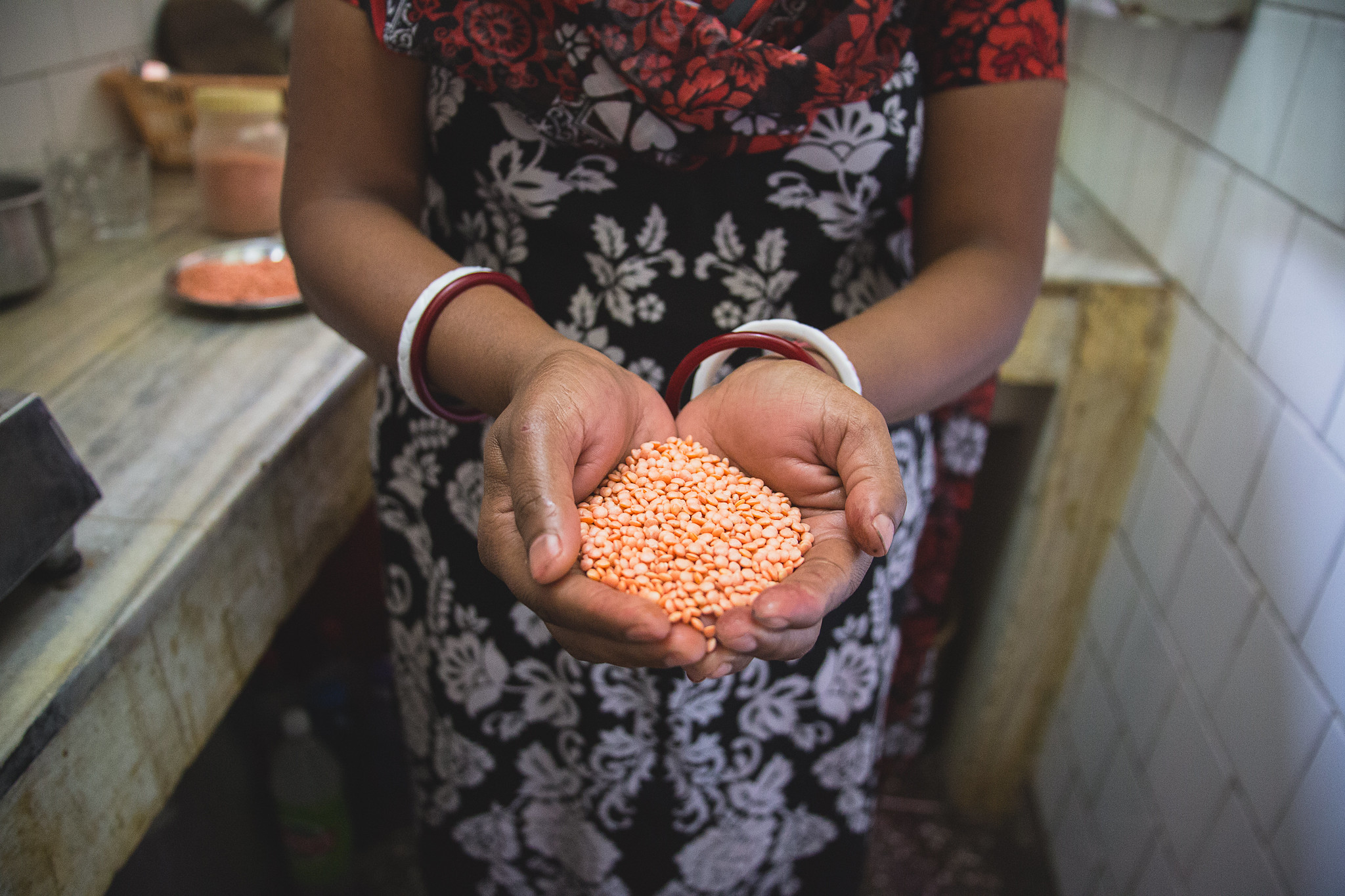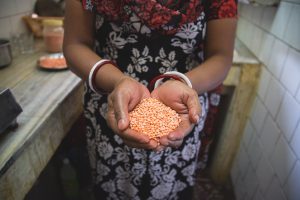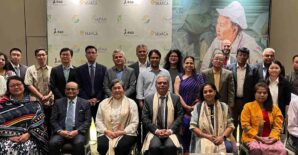Challenges
Research surrounding the adoption of improved seed varieties is lacking. In collaboration with the Indian Council of Agricultural Research (ICAR), IFPRI seeks to address this knowledge gap by mapping the adoption of improved varieties of seeds of the major food and vegetables across different states of India. Policy options and strategies will be analyzed to promote biofortified rice (iron & zinc), wheat (iron & zinc) and lentils (iron & zinc) in the Indian states of Bihar and Odisha.
Key aims
The project aims to estimate returns to agricultural research investment and mapping adoption of improved agricultural technologies in India. Researchers will also develop strategies to enhance pulse production, stabilize prices, and develop transparent performance indicators and estimate returns on investment in Krishi Vighyan Kendra (KVKs), or farm science centers. In another phase, the researchers will develop mechanisms to implement innovative institutional arrangements such as e-NAM, Farmer Producer Organizations, and the Prime Minister’s Fasal Bima Yojana, or crop insurance. The impact of these organizations and services on smallholders will be assessed.
Project activities and outputs
Surveys of farmers, seed dealers, and extension agents will be conducted in order to better understand the seed value chains of key crops. The IFPRI study detailing the adoption and impact of improved crop varieties is now available here. Further in 2019, the study will further diagnose farm level constraints, such as institutions, financing, markets, migration, non-farm employment, and risks in eastern India.




